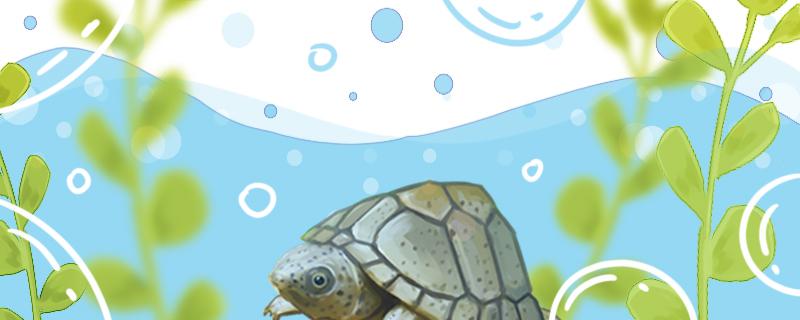
? Normally, razor turtles will enter hibernation on their own, depending on the temperature of their environment. When the temperature is below 20 degrees and above 17 degrees, the appetite will show a significant downward trend. When the temperature drops below 17 degrees, they will enter a state of refusal to eat, and at the same time, they will empty their gastrointestinal system to further prepare for hibernation. When the temperature drops to 15 degrees, they will go into hibernation until the temperature rises. Before the tortoises go into hibernation, breeders can put them in water or sand, and they will hibernate according to their own conditions, such as burying themselves under the sand or sinking to the bottom of the water.
? Razor turtles do not need to be fed when they hibernate. At this time, their state is quite wonderful, which is also a mechanism for their own protection. Breeders do not need to give them too much attention, but often spray water on their environment to keep the environment moist, which is conducive to their better transition. In addition, breeders need to pay attention to keeping the temperature of their environment stable and avoid violent fluctuations, otherwise the damage may be fatal.